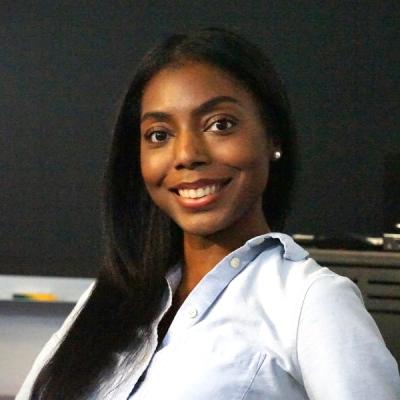1. What do you do?
I help people time travel! I’m an oral historian. In my practice, I help families, organizations, and institutions preserve what matters most: their stories. Through intimate interviews, family memory workshops, and creative archival projects, I transform lived experiences into lasting legacies.
My work helps people reconnect — not just with the past, but with each other, the people and places they call home, the people, passions, and places where they have history. Preserving stories isn’t nostalgia. It’s necessary.
Many people don’t realize this, but stories — and the people behind them — disappear all the time. Not because they aren’t important, but because we’re not taught to steward them.
It’s not something that’s on our to-do lists. And because we live in a world that focuses on speed, not reflection, it becomes difficult for us to prioritize time for presence with our loved ones — to sit with them, listen to and remember their stories, or capture them in time. We assume we always have tomorrow. Or that they’ll always be there.
If you’ve ever thought, “I wish I had recorded that,” or “We should’ve asked them when we had the chance,” or “What do I want to pass down?” That's where I come in.
2. What’s the coolest part of your job?
The coolest part of my job is seeing people light up. I especially love when I get to witness those “aha” moments when people connect their past to their present. In interviews, I get to watch them go back in time and remember themselves, what and who they love, and what brings them joy.
When a family gathers around a treasure trove of color slides hidden in boxes in the basement for decades and finally learns the stories behind them — photos they haven’t seen for 50 years!! — I get to see them feel what it’s like for someone like myself or one of their relatives to take an interest in their life and story. I get to witness a touchstone passed down across generations. It truly is special.
3. Why are you passionate about it?
My grandparents. They were my greatest influences and guides in every aspect of my life. I’m thankful to have spent great quality time with them. Their love and care for me is why I feel the call to do this work.
Though I spent a lot of time with my grandfather, we only have two photographs together. I’m thankful to have those two photos and that quality time, but there were so many memories and moments in between. I wish I or someone else thought to capture one of those happy, quiet moments on photo or video.
I’ve lost stories in my own family, watched memories fade, and watched people pass with no one recording what they held. I’ve seen what we can miss when we’re too busy working day-to-day. I don’t want anyone else to miss out on having one of those fleeting moments made permanent.
Everything I am is because I got to know my grandparents as people, in their fullness — from stories and conversations. I want to ensure people, especially elders and those often left in isolation, or out of the archive, or who feel overlooked and forgotten, know that they matter and will matter across time.
4. Which skills from your IAC degree have helped you be successful in this career?
IAC taught me that context matters. That every person, family, and city has a backstory.
My liberal arts education at Georgia Tech gave me the blueprint for weaving the technical and the feeling. I learned how to navigate complex systems, communicate across differences, and lead with rigor and heart.
Liberal arts gave me the tools to hold nuance, see patterns, and build bridges between people, ideas, and different perspectives. Most importantly, IAC taught me how to ask better questions. That’s the beginning of any relationship or story.
5. What’s your #1 tip for students and alumni interested in your field?
If you feel called to document, preserve, or honor stories, start now.
Ask your loved one a question. Record a voice memo with permission. Write down the story that keeps tugging at you — especially if it’s your own. It doesn’t matter if you don’t have any physical photos, heirlooms, or relatives; you can start with you.
Everyone, including companies, communities, and institutions, has an origin story. Start by asking: “What was your life like before I met you?” Let that question guide you. And remember: your curiosity is a gift. Keep following it. That’s where the impact is.
Meet more featured alumni in the School of History and Sociology!

